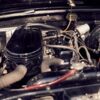Modifying your car can be an exciting way to enhance its performance and style, but it’s easy to make mistakes along the way. Whether you’re new to car customization or a seasoned enthusiast, avoiding common pitfalls is key to getting the best results. We’ll explore 18 frequent mistakes that can derail your car modification journey and offer tips on how to avoid them.
Contents
Choosing the Wrong Tires
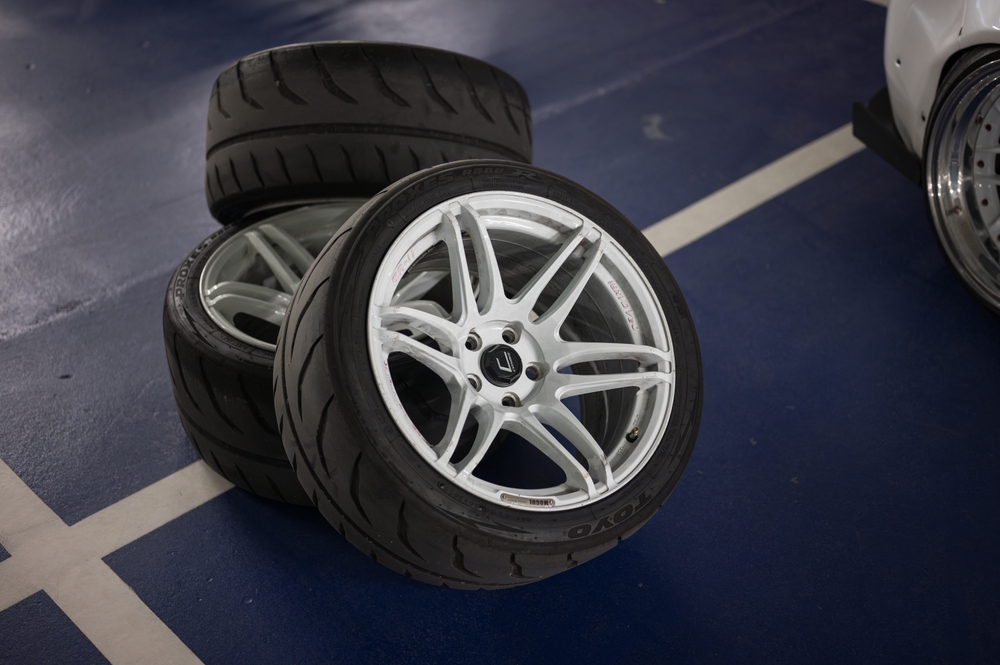
Selecting tires that don’t align with your car’s performance needs or typical driving conditions can lead to serious issues. Poor handling, reduced traction, and even safety concerns may arise if you pick the wrong set. High-performance tires might excel on dry pavement but falter in wet conditions, while off-road tires could decrease fuel efficiency on highways. Therefore, it’s essential to match tires to your driving habits and environment.
Overlooking Suspension Upgrades
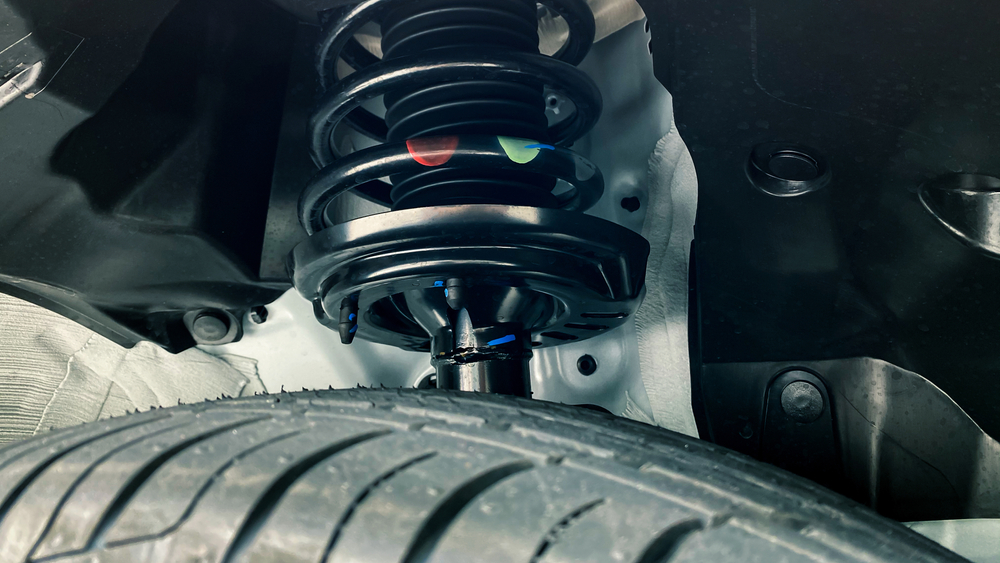
Often, car enthusiasts focus heavily on engine power while neglecting the suspension, which can lead to an imbalanced and unsafe vehicle. A powerful engine without corresponding suspension upgrades makes handling more challenging, particularly at high speeds. By improving your suspension, you enhance stability, control, and safety. Therefore, matching your suspension to your car’s power and intended use is crucial for a well-rounded performance.
Ignoring the Importance of Brakes
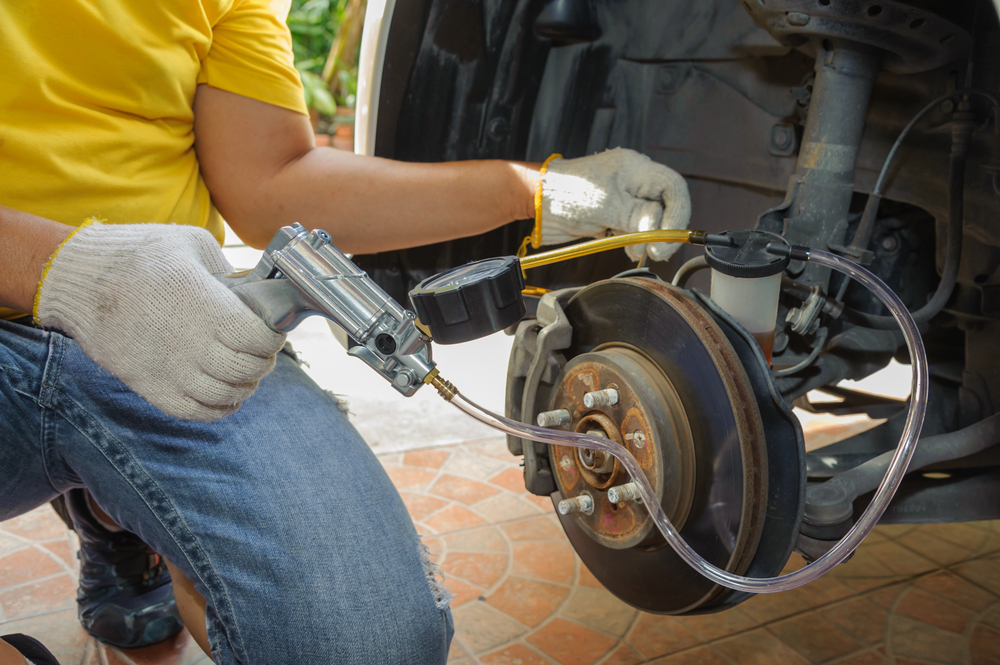
Modifying your car’s engine for greater power without upgrading the braking system can be a dangerous oversight. As your car’s speed increases, so does the need for improved stopping power, which stock brakes may not provide. High-performance brake pads, rotors, and calipers are vital to ensure your car stops safely and effectively. Always prioritize brake upgrades when enhancing engine performance. Safety should never take a backseat to speed.
Installing the Wrong Exhaust System
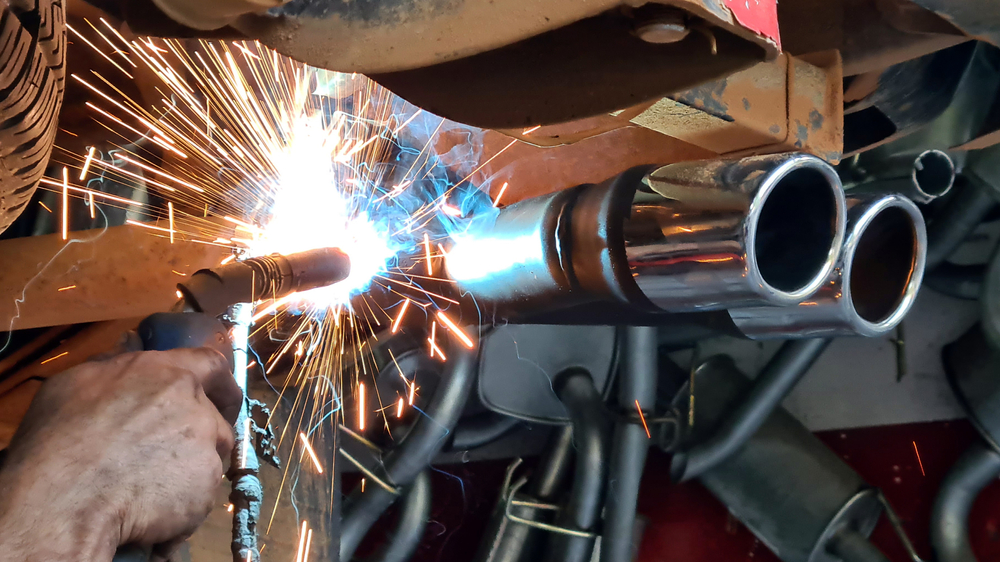
A loud exhaust might make your car sound more aggressive, but choosing the wrong type can actually decrease engine efficiency and even lead to legal troubles. Some exhaust systems might cause a loss of back pressure, which negatively impacts performance. It’s crucial to select an exhaust system tailored to your engine’s specifications and performance goals.
Using Cheap or Low-Quality Parts
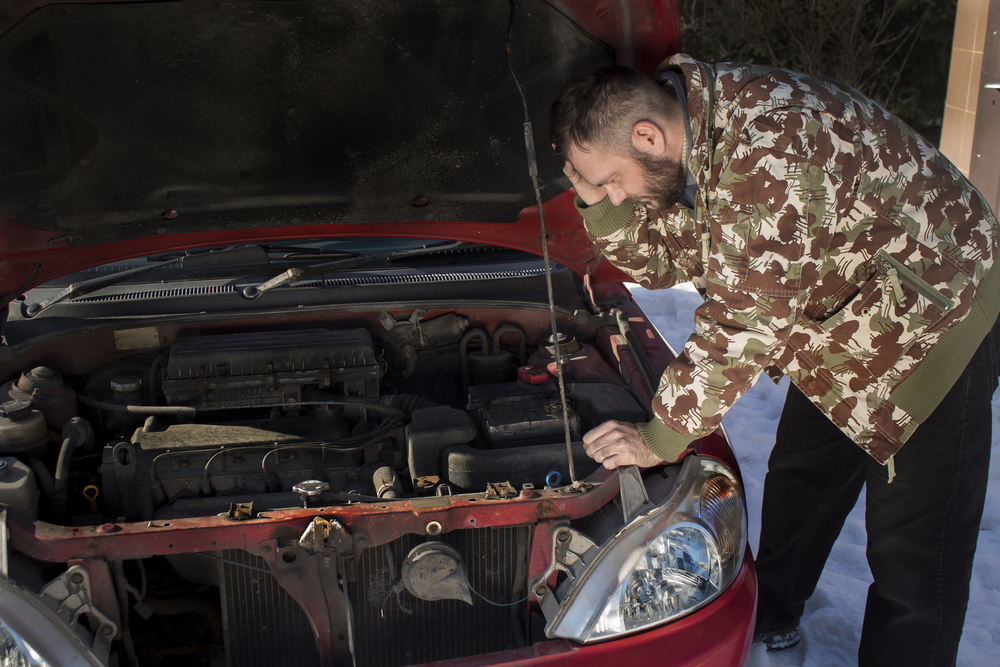
While it might be tempting to cut costs with cheaper parts, doing so can lead to bigger expenses down the road. Inferior parts are prone to failure, which could cause damage to other components and compromise your car’s reliability. Investing in high-quality, reputable parts ensures better performance, longevity, and safety. Therefore, it’s wise to prioritize durability and compatibility when selecting parts.
Skipping the ECU Tune
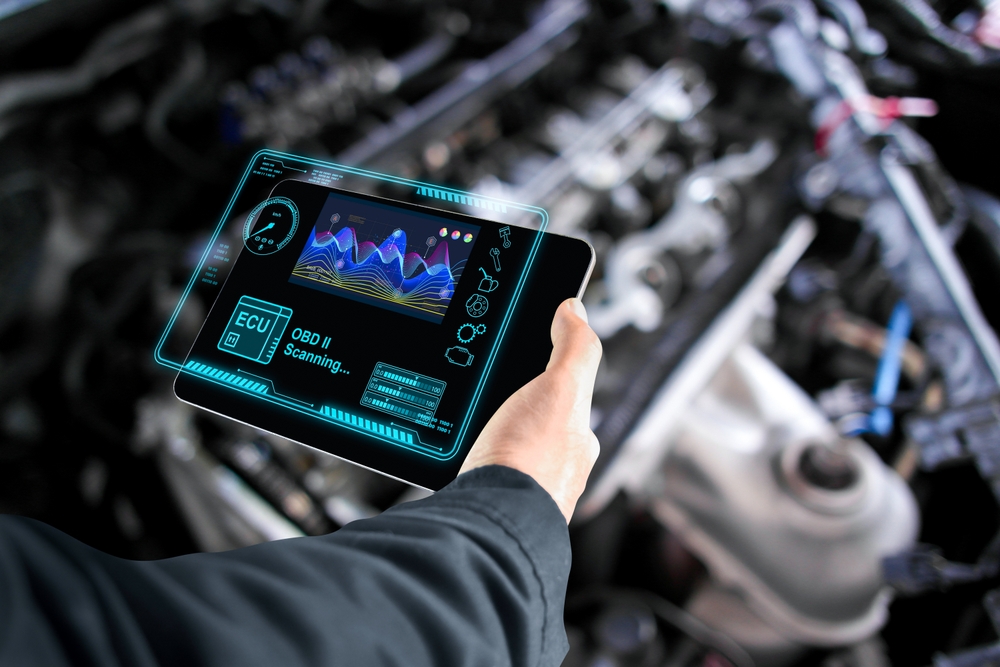
After making modifications to your engine or exhaust, it’s easy to forget about tuning the engine control unit (ECU), but this step is crucial. Without a proper tune, your car might not run efficiently, potentially reducing power output and fuel economy. A professional ECU tune ensures all your modifications work in harmony, maximizing both performance and reliability. Always include an ECU tune in your modification plans. It’s the finishing touch that brings everything together.
Neglecting Weight Distribution
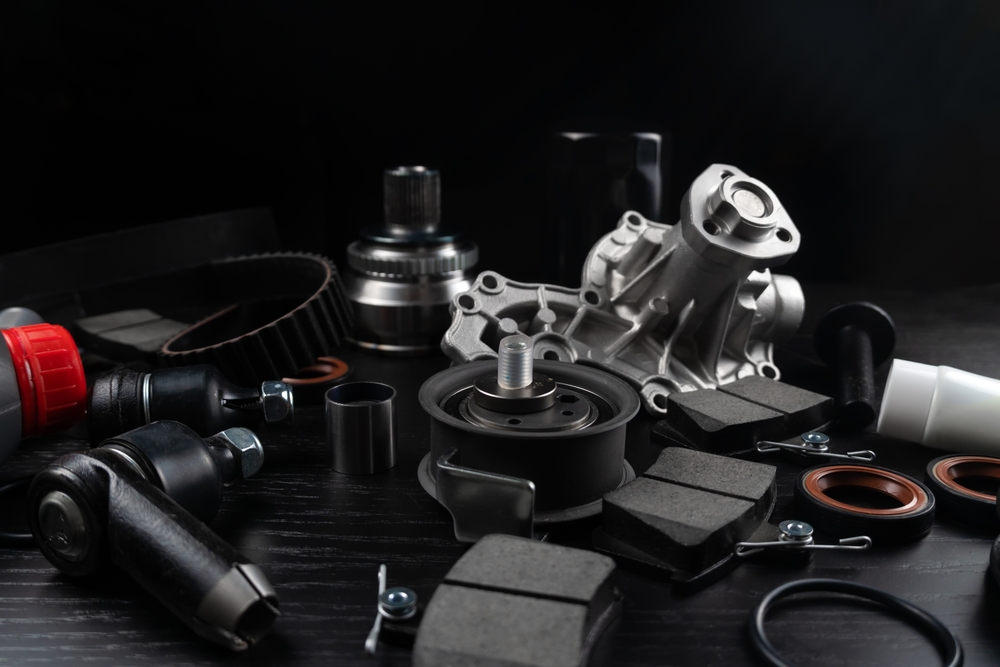
Adding heavy aftermarket parts like a sound system or larger wheels without considering weight distribution can adversely affect your car’s handling. Improper weight balance can lead to understeer or oversteer, making your car less predictable and harder to control. It’s important to assess how modifications will impact your car’s performance and handling. Proper weight distribution is key to maintaining your car’s balance and stability.
Incorrectly Lowering the Car

Lowering your car can enhance its appearance and handling, but doing it incorrectly can cause significant issues. If the car is lowered too much, you risk a harsh ride, reduced suspension travel, and potential damage to the undercarriage. Proper lowering should improve handling without compromising comfort or safety. Using quality components and maintaining a balance between aesthetics and functionality is crucial. Moderation is key when adjusting ride height.
Choosing the Wrong Wheels
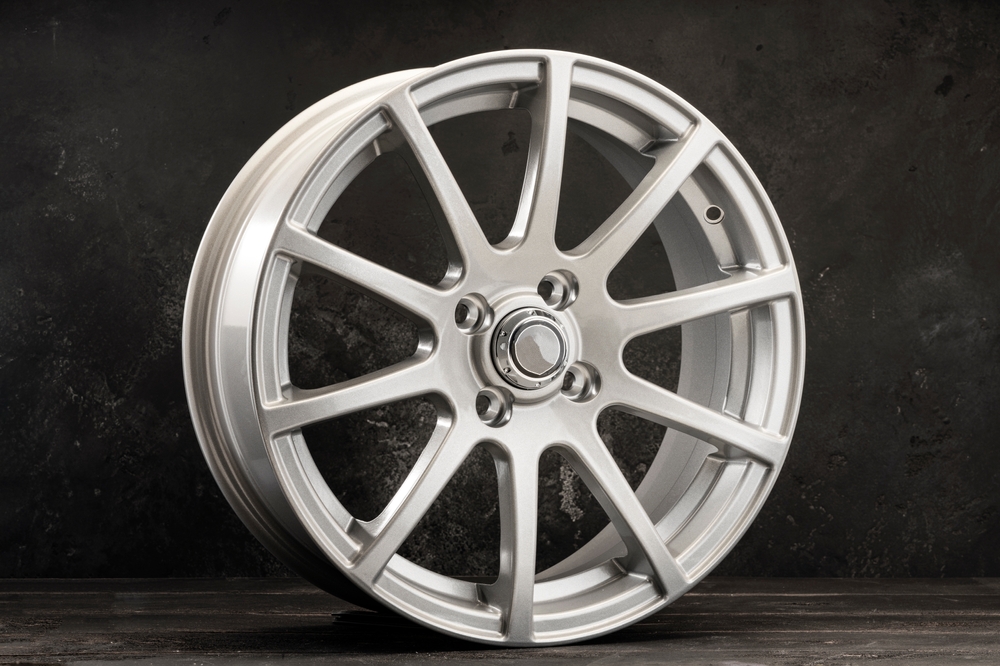
Opting for wheels that are too large or too small can throw off your car’s balance, leading to poor handling, increased fuel consumption, and even speedometer inaccuracies. Additionally, wheels with the wrong offset can cause clearance problems, potentially damaging your suspension or bodywork. It’s essential to ensure the wheels you choose are the correct size and specification for your vehicle.
Overdoing Engine Modifications
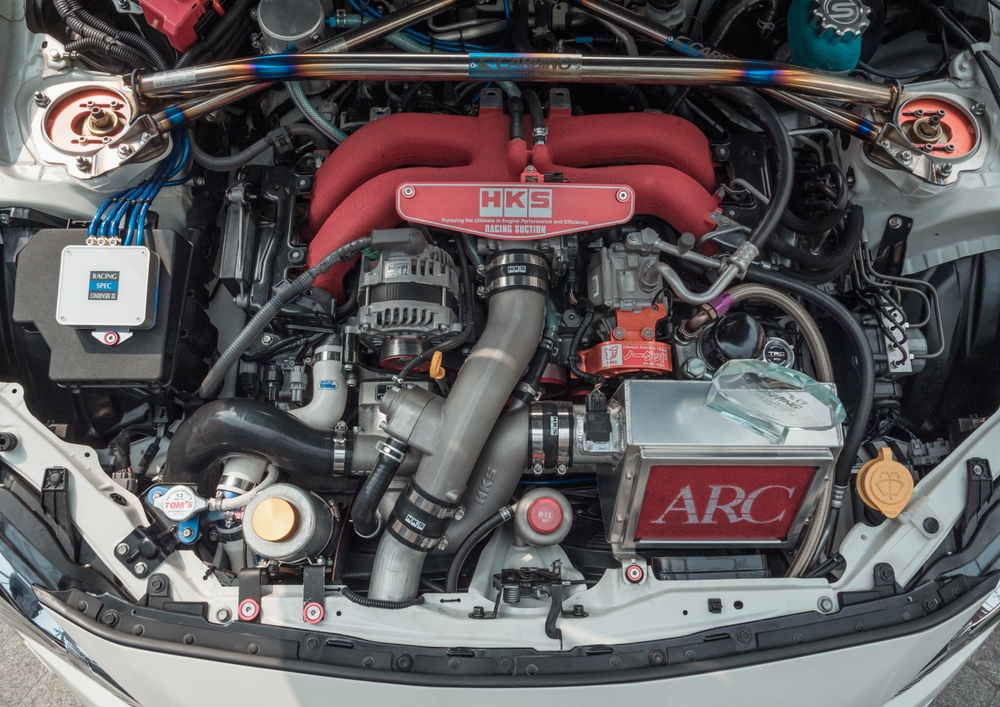
While pushing your engine to its limits can be exciting, over-modifying can compromise its reliability and longevity. Adding excessive power without upgrading supporting systems, such as cooling and lubrication, may lead to engine failure. Striking a balance between performance gains and durability is critical. Gradual, well-planned modifications with appropriate supporting upgrades are the key to maintaining a reliable, high-performance engine. Sometimes, less is more.
Ignoring Aerodynamics
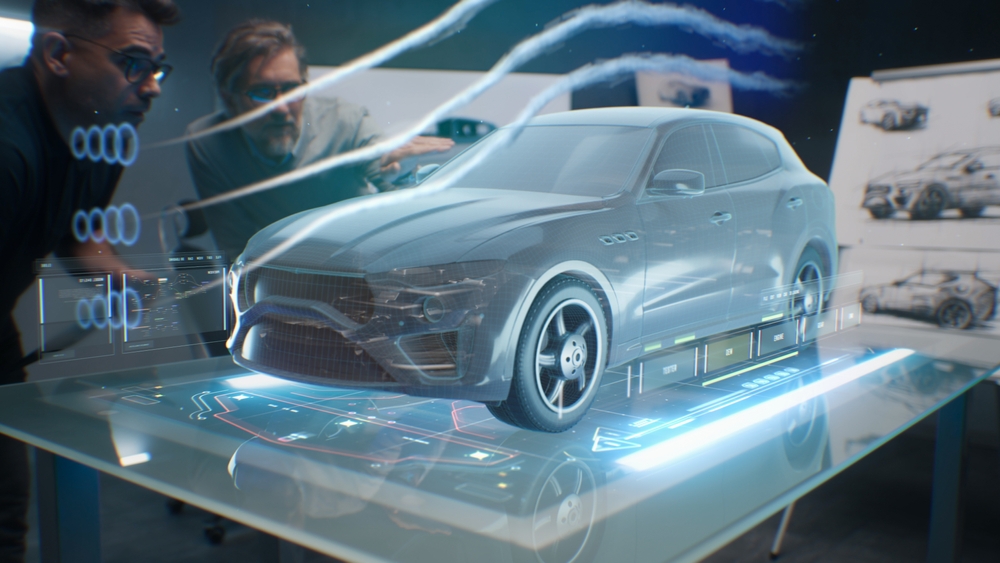
Adding aftermarket body kits or spoilers without considering their aerodynamic impact can hurt your car’s performance. Poorly designed parts may increase drag or reduce downforce, leading to decreased stability and higher fuel consumption. It’s important to choose aerodynamic modifications that are tested and proven to enhance, not hinder, your car’s performance. Research and careful selection of parts are essential. Form should always follow function.
Overcomplicating the Build
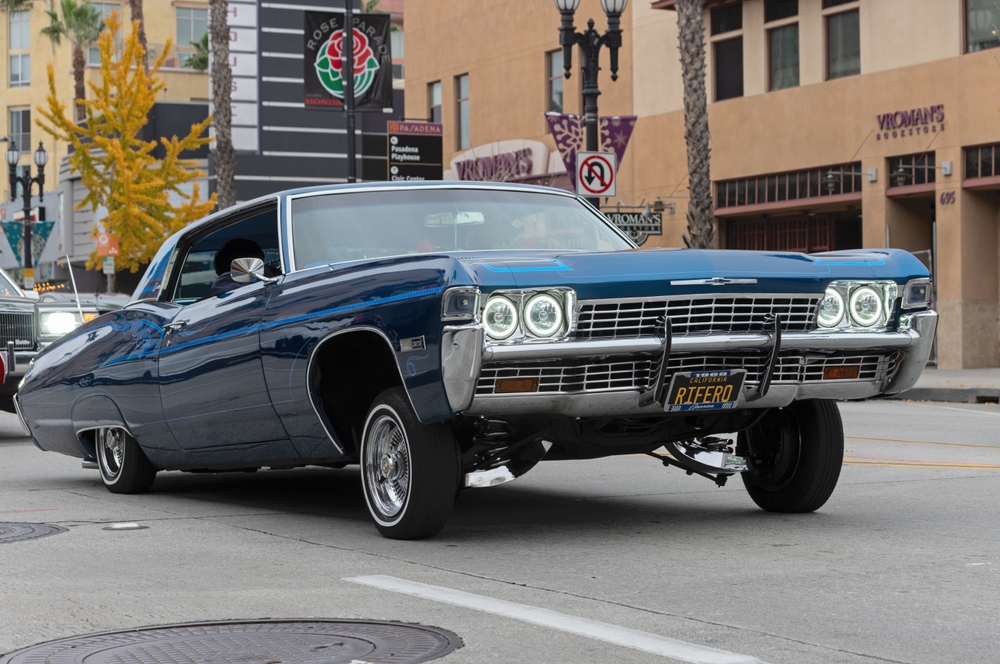
Attempting too many modifications at once can create a complicated build that’s difficult to maintain and troubleshoot. Overcomplicated setups often result in unexpected issues, making the car unreliable and hard to enjoy. It’s better to approach modifications with a clear plan, focusing on one area at a time to ensure everything works together smoothly. Simplicity often leads to better performance and easier maintenance. The best builds are those that strike a balance between innovation and practicality.
Underestimating Cooling Needs
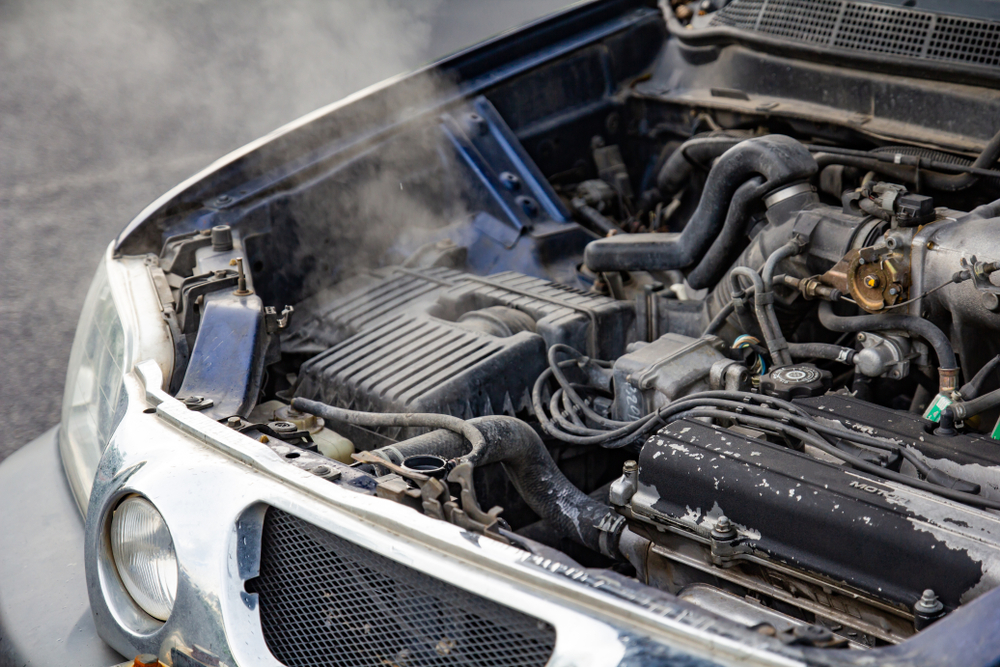
Adding power to your engine usually generates more heat, making it essential to upgrade your cooling system. Without adequate cooling, your engine may overheat, leading to performance loss or catastrophic damage. Upgrading radiators, intercoolers, and oil coolers can effectively manage the increased thermal load. Proper cooling is vital for maintaining both reliability and performance, particularly under hard driving conditions.
Neglecting Fuel System Upgrades
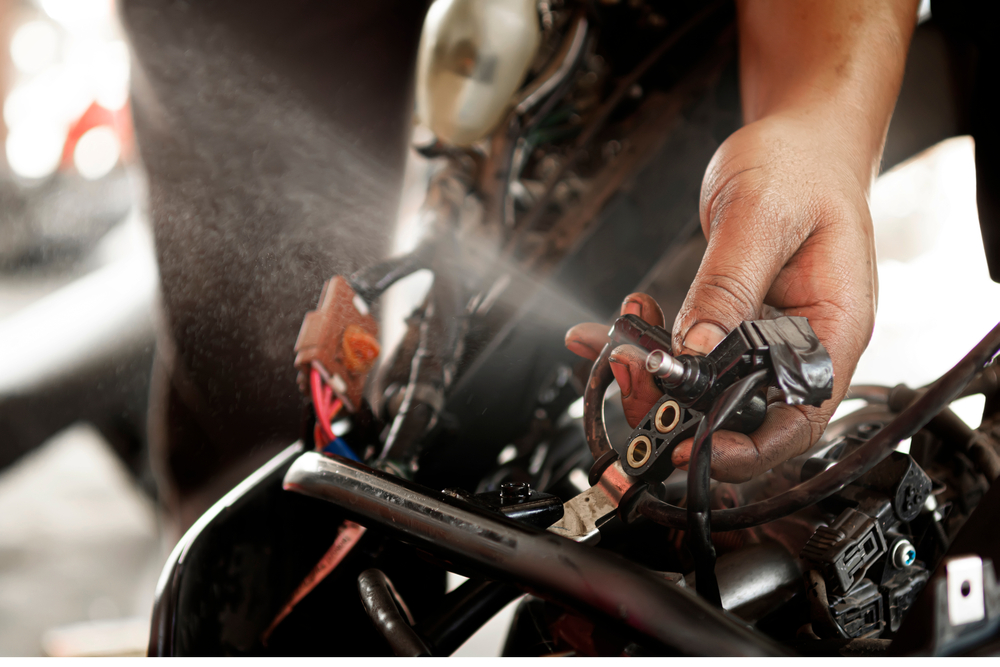
When increasing engine power, the stock fuel system may not suffice to meet the new demands. An inadequate fuel supply can cause lean conditions, leading to engine knock and potential damage. Upgrading fuel pumps, injectors, and fuel lines ensures your engine receives the necessary fuel to operate efficiently and safely. A well-matched fuel system is critical for supporting higher power levels. Don’t let your engine starve for fuel.
Poor Wiring and Electrical Work
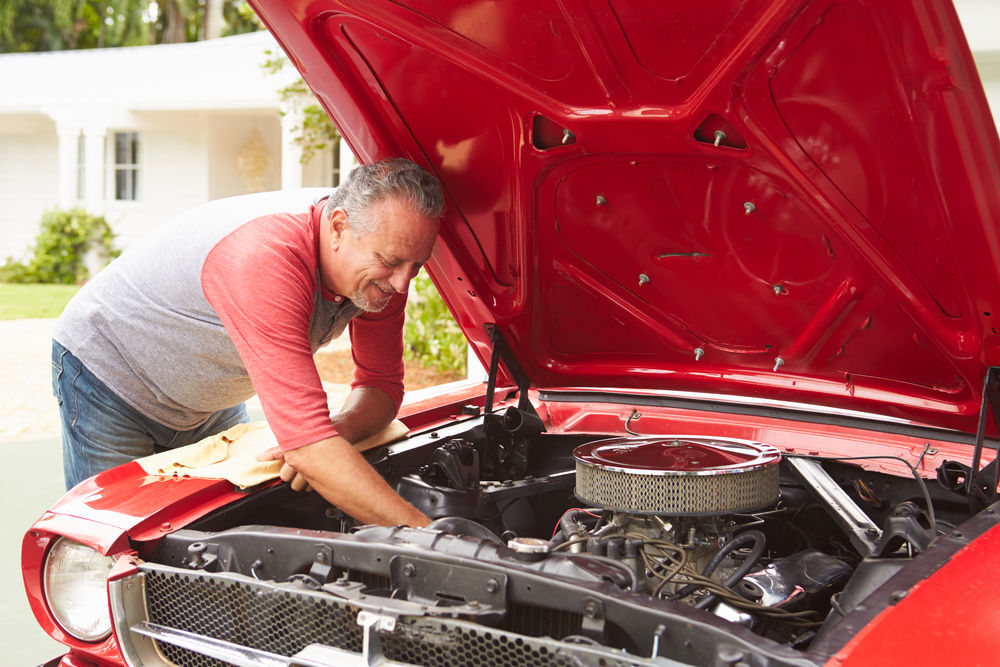
Adding electrical components often involves complex wiring, but poor practices can lead to shorts, fires, or unreliable performance. Using the wrong gauge wire, skipping fuses, or messy installations can create significant problems down the line. High-quality wiring and components are essential, and for complex work, professional assistance is advisable. Clean, reliable wiring is crucial for the safety and performance of your modified car.
Ignoring Maintenance Needs
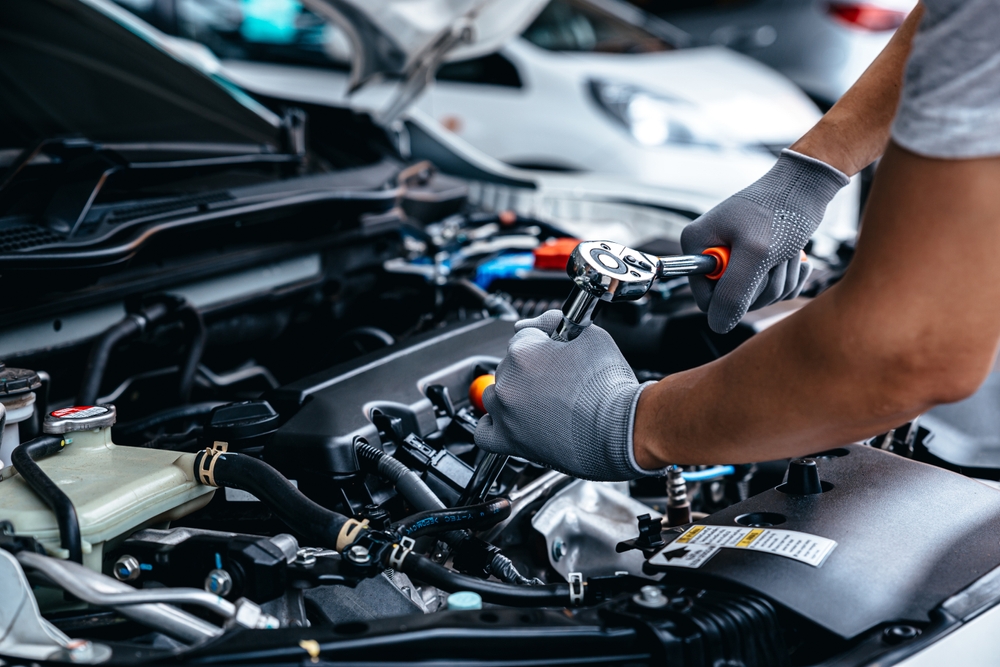
Modified cars often require more frequent maintenance due to the increased stress on various components. Skipping regular checks and services can lead to premature wear or unexpected failures. Following a strict maintenance schedule and paying extra attention to fluids, belts, and other wear items is crucial. Staying on top of maintenance ensures your modified car remains reliable and enjoyable. Maintenance is the key to long-term performance.
Underestimating the Budget
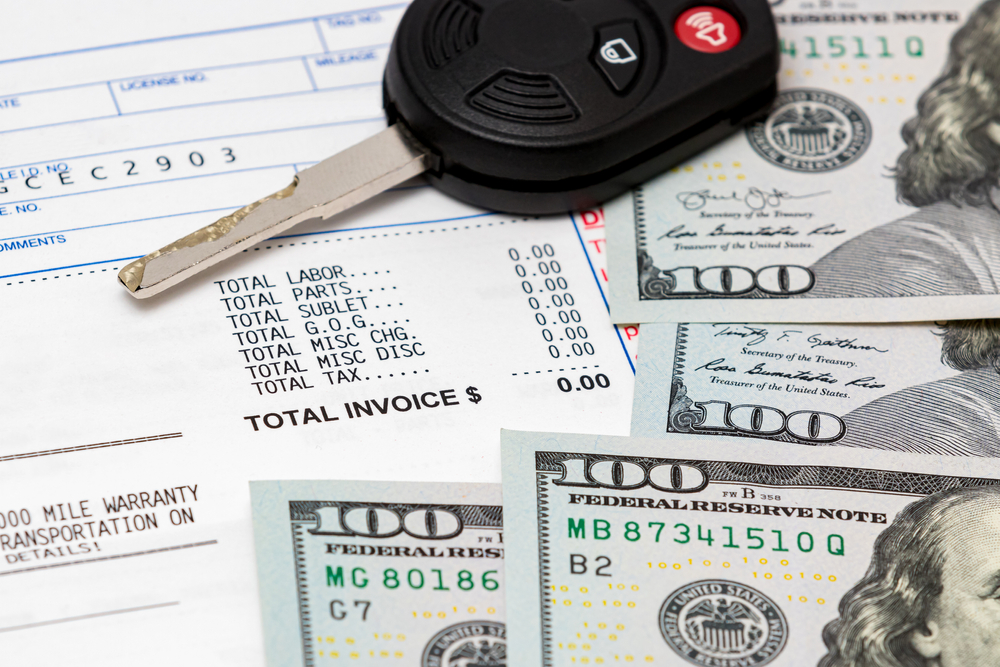
Car modifications can quickly become expensive, and it’s easy to underestimate the total cost. Unexpected expenses like additional parts, labor, or repairs can strain your budget and leave your project unfinished. Planning your budget carefully, including a buffer for unforeseen costs, is essential. A well-planned budget helps avoid financial stress and ensures your modification project stays on track. The devil is in the details, especially when it comes to costs.
Failing to Research

Jumping into modifications without proper research often leads to poor decisions and disappointing outcomes. Understanding how each modification will affect your car’s performance, reliability, and drivability is critical. Take the time to learn from others’ experiences and seek professional advice when needed. Thorough research helps you make informed choices, ensuring your modifications enhance your car as intended. Knowledge is power, especially in car customization.
This article originally appeared in MyCarMakesNoise.
More from MyCarMakesNoise
15 Groundbreaking Spacecraft That Redefined Space Exploration

Space exploration has always pushed the boundaries of human knowledge and technology. Over the years, certain spacecraft have stood out for their groundbreaking contributions to our understanding of the universe. Read More.
13 Budget-Friendly Cars That Exceed Expectations

Finding a car that offers great value without breaking the bank can be challenging. Fortunately, there are several affordable options that deliver more than expected in terms of quality, performance, and features. Read More.
Audi’s Top 17 Rarest Production Vehicles

Audi’s legacy of innovation and luxury is evident in its rarest production vehicles. These unique models, produced in limited numbers, showcase the brand’s commitment to excellence and exclusivity. Read More.









